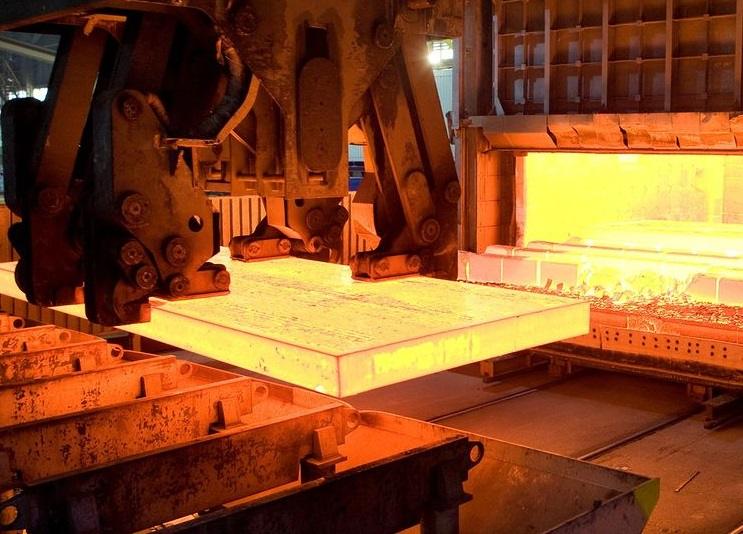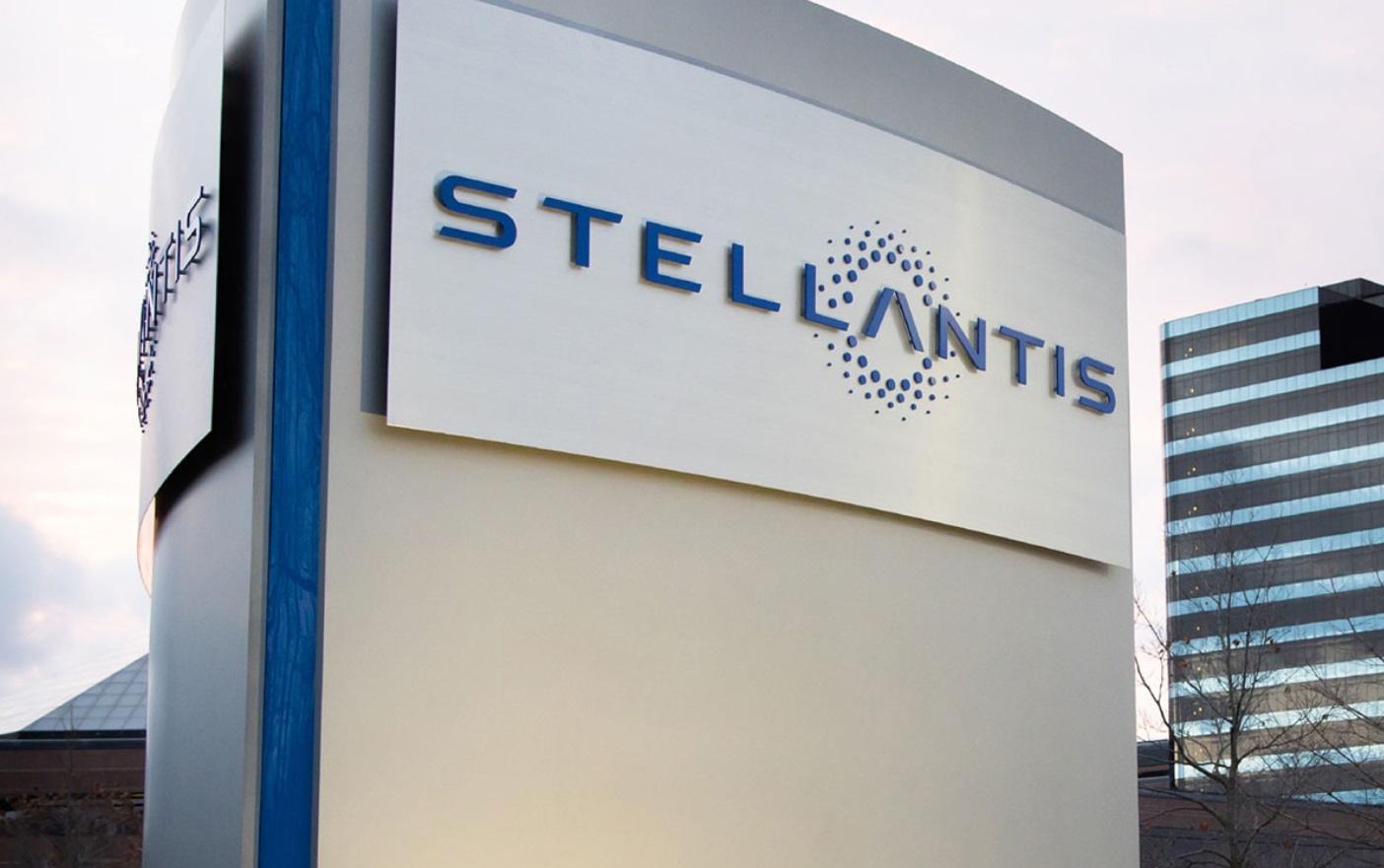bp, thyssenkrupp Launch Hydrogen-Focused Steel Decarbonization Collaboration
Energy giant bp and steel manufacturer thyssenkrupp Steel announced today a new partnership, aimed at supporting the decarbonization of steel, with a focus on increasing the supply of low-carbon hydrogen and renewable power for steel production.
Steelmaking is one of the biggest emitters of CO2 globally, with total greenhouse gas emissions (GHG) from the sector accounting for 7% – 9% of direct emissions from the global use of fossil fuels. As manufacturers globally aim to decarbonize their supply chains, demand for steel produced using fossil-free energy is expected to increase significantly.
thyssenkrupp Steel accounts for 2.5% of CO2 emissions in Germany, primarily from the use of coal-fired blast furnaces. The company aims to make steel production climate-neutral over the long term by transitioning to direct reduction plants where iron ore is reduced with low-carbon hydrogen. Near-term, thyssenkrupp is targeting the production of 400,000 tons of CO2-reduced steel by 2025.
Dr. Arnd Köfler, Chief Technology Officer at thyssenkrupp Steel, said:
“The decarbonisation of the steel industry will require enormous quantities of low-carbon and in the long-term green hydrogen. This will increasingly require the use of electricity from renewable sources. All this can only be achieved through a well-developed hydrogen infrastructure with a supra-regional pipeline network.”
Under the new memorandum of understanding (MoU), the two companies plan to explore supply options for blue and green hydrogen, as well as wind and solar generation power through the use of power purchase agreements. In addition, they intend to advocate for policies supporting low carbon hydrogen development and the growth of green steel in Europe.
Increasing hydrogen and renewables capacity forms a major part of bp’s long-term strategy to transform itself from an international oil company into an integrated energy company. In February, bp announced that it plans to increase the proportion of its total capex in ‘transition growth businesses,’ such as bioenergy, convenience, electric vehicle (EV) charging, renewables and hydrogen to more than 40% by 2025 and around 50% by 2030, and aims to reach 50 GW of renewable power capacity by 2030.
William Lin, bp’s Executive Vice President Regions, Cities, and Solutions said
“As part of our strategy to provide a range of decarbonisation solutions to corporates, bp is already investing in and working to develop a portfolio of industrial-scale hydrogen projects in Germany, the Netherlands, Spain, the UK and Australia. With our aligned ambitions and complementary investments, thyssenkrupp Steel and bp can together help this hard-to-abate sector decarbonise faster.”





